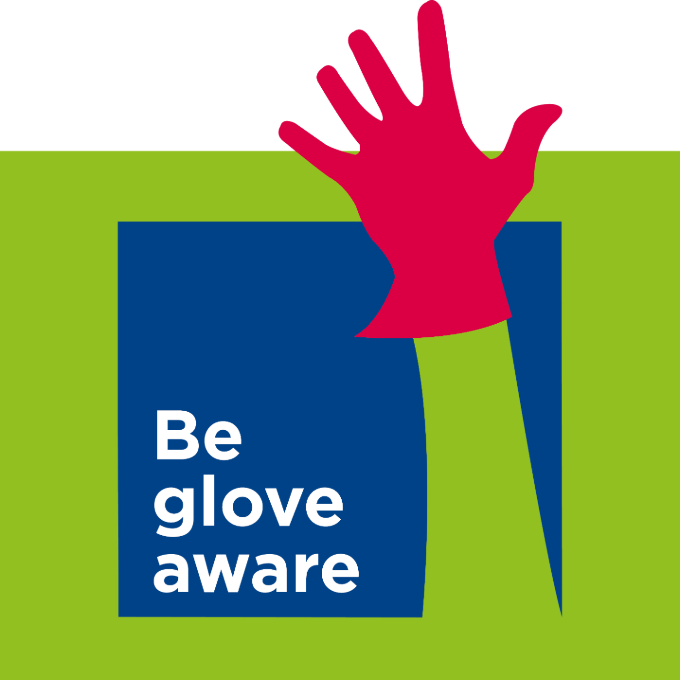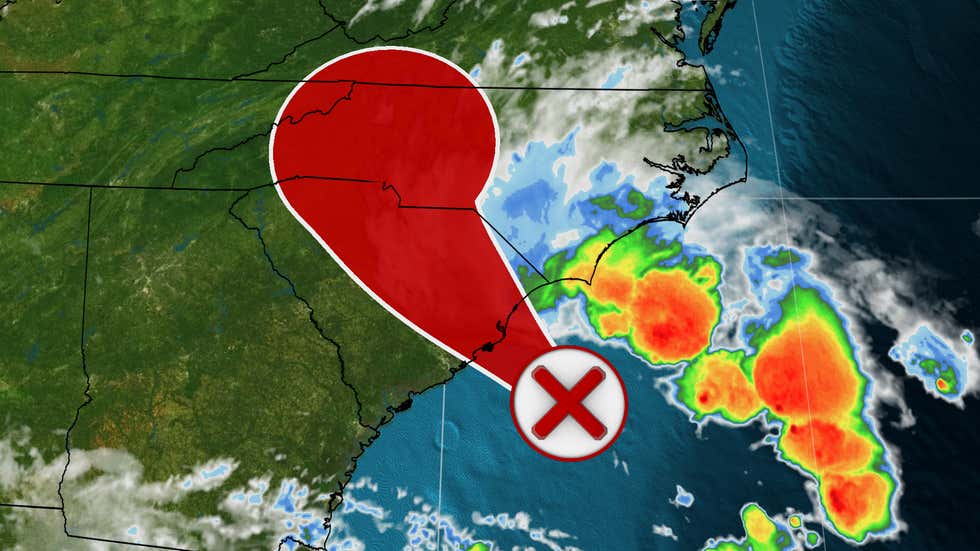RCN And Vet Nursing Collaboration: A Plastic Glove Project Case Study

Table of Contents
The Problem: Uncontrolled Plastic Glove Waste in Veterinary Practices
Veterinary practices generate a substantial amount of plastic glove waste. The high volume of glove usage, driven by stringent infection control protocols, contributes significantly to the overall environmental burden. The environmental impact is substantial, with significant quantities ending up in landfills, contributing to pollution and harming wildlife. This uncontrolled disposal of single-use medical gloves represents a major challenge to sustainable veterinary practices.
- High volume of glove usage: Veterinary procedures often require frequent glove changes, leading to a high consumption rate.
- Difficulty in recycling: Standard single-use medical gloves are not readily recyclable through conventional municipal programs.
- Lack of awareness: Many veterinary practices lack awareness of sustainable waste management practices specifically tailored for clinical waste.
- Negative environmental impact: Plastic glove waste contributes to landfill overflow, soil and water contamination, and harm to wildlife through ingestion and entanglement.
The Solution: A Collaborative Approach to Plastic Glove Recycling
To address the problem of plastic glove waste, a partnership was formed between the RCN and several veterinary nursing teams. This collaboration leveraged the expertise of both organizations to implement a comprehensive plastic glove recycling program. The chosen method involved the strategic placement of clearly labeled collection bins within participating veterinary practices. These bins facilitated the segregation of used gloves, preparing them for specialized recycling processing.
- RCN's role: The RCN provided essential guidance and resources on best practices for waste management in healthcare settings, including training materials and educational resources on sustainable disposal methods.
- Veterinary nurses' role: Veterinary nurses played a crucial role in the project's implementation, actively promoting the initiative within their respective practices and ensuring the proper use of collection bins.
- Partnership with recyclers: A crucial component of the success of the initiative was a collaboration with a specialized medical waste recycling company, ensuring the collected gloves were processed responsibly and ethically.
- Education and training: Comprehensive training was provided to veterinary staff, covering proper glove disposal techniques, the importance of recycling, and the environmental impact of their actions.
Implementation and Results: Measuring the Impact of the Project
The project was implemented over a six-month period. The process involved initial data collection to establish baseline levels of plastic glove waste generation. Following the introduction of the recycling program, ongoing monitoring and evaluation were conducted to track progress.
- Baseline data: Pre-project waste audits accurately measured the volume of glove waste produced by participating veterinary practices.
- Implementation: The recycling program was rolled out across all participating practices, with regular communication and support provided to staff.
- Monitoring and evaluation: Regular data collection tracked the weight and volume of recycled gloves, allowing for the precise calculation of waste reduction. This data was carefully analyzed to gauge the program's effectiveness.
- Qualitative data: Feedback from veterinary staff highlighted increased awareness of environmental issues and a greater sense of responsibility towards sustainable practices. Positive staff response reinforced the project's success.
- Data visualization: The collected data was presented using charts and graphs to visualize the significant reduction in plastic glove waste achieved.
Cost-Effectiveness and Sustainability Metrics
While the initial investment included the purchase of specialized recycling bins and the cost of transportation to the recycling facility, the long-term sustainability of the program is evident.
- Cost-benefit analysis: A comparative analysis demonstrated that the cost of the recycling program was offset by reduced landfill disposal fees and a positive impact on the practice's environmental footprint.
- Carbon footprint reduction: The program successfully lowered the carbon footprint of participating practices by diverting waste from landfills, minimizing methane emissions, and reducing the reliance on new glove production.
- Cost savings: Reduced waste disposal fees directly translated into cost savings for participating veterinary practices.
- Grant funding: Exploration of grant funding opportunities and external support mechanisms is ongoing to ensure the long-term viability of the project.
Lessons Learned and Future Directions: Expanding the Initiative
The project provided several valuable lessons for future initiatives. Effective communication and strong collaboration between the RCN, veterinary nursing teams, and the recycling company were crucial to its success. Ongoing staff training and awareness campaigns are essential to maintain the momentum of the initiative.
- Collaboration: The success of the project highlighted the importance of effective inter-professional collaboration in achieving environmental goals.
- Staff training: Continuous staff training and refresher sessions are vital to ensure compliance and maintain high recycling rates.
- Expansion: The plan is to replicate the program in other veterinary practices and potentially expand to other healthcare sectors, creating a wider impact.
- Process improvement: Ongoing refinement of the recycling process and exploration of alternative sustainable glove options will further enhance the project's effectiveness.
Conclusion
This case study highlights the successful collaboration between the RCN and veterinary nursing professionals in addressing the significant environmental challenge posed by plastic glove waste. The project demonstrates a practical and effective approach to waste reduction and showcases the potential for interdisciplinary partnerships to drive sustainability initiatives within veterinary settings. This initiative offers a model for other veterinary practices and healthcare organizations seeking to implement sustainable waste management strategies. We encourage veterinary nurses and RCN members to actively engage in similar collaborative projects to minimize the environmental footprint of their practices and to actively participate in improving sustainable veterinary waste management and reducing plastic glove waste.

Featured Posts
-
 Understanding Weather Alerts In The Carolinas Active And Expired Storm Warnings Explained
May 31, 2025
Understanding Weather Alerts In The Carolinas Active And Expired Storm Warnings Explained
May 31, 2025 -
 Is Rachel Reeves Following In Arthur Scargills Footsteps
May 31, 2025
Is Rachel Reeves Following In Arthur Scargills Footsteps
May 31, 2025 -
 Drought Forecast Spring 2024 Echoes 1968s Conditions
May 31, 2025
Drought Forecast Spring 2024 Echoes 1968s Conditions
May 31, 2025 -
 Success Of Banksy Prints 22 777 000 Sales In A Year
May 31, 2025
Success Of Banksy Prints 22 777 000 Sales In A Year
May 31, 2025 -
 Analysis The Covid 19 Situation In Hong Kong Singapore And The Risk To India
May 31, 2025
Analysis The Covid 19 Situation In Hong Kong Singapore And The Risk To India
May 31, 2025
